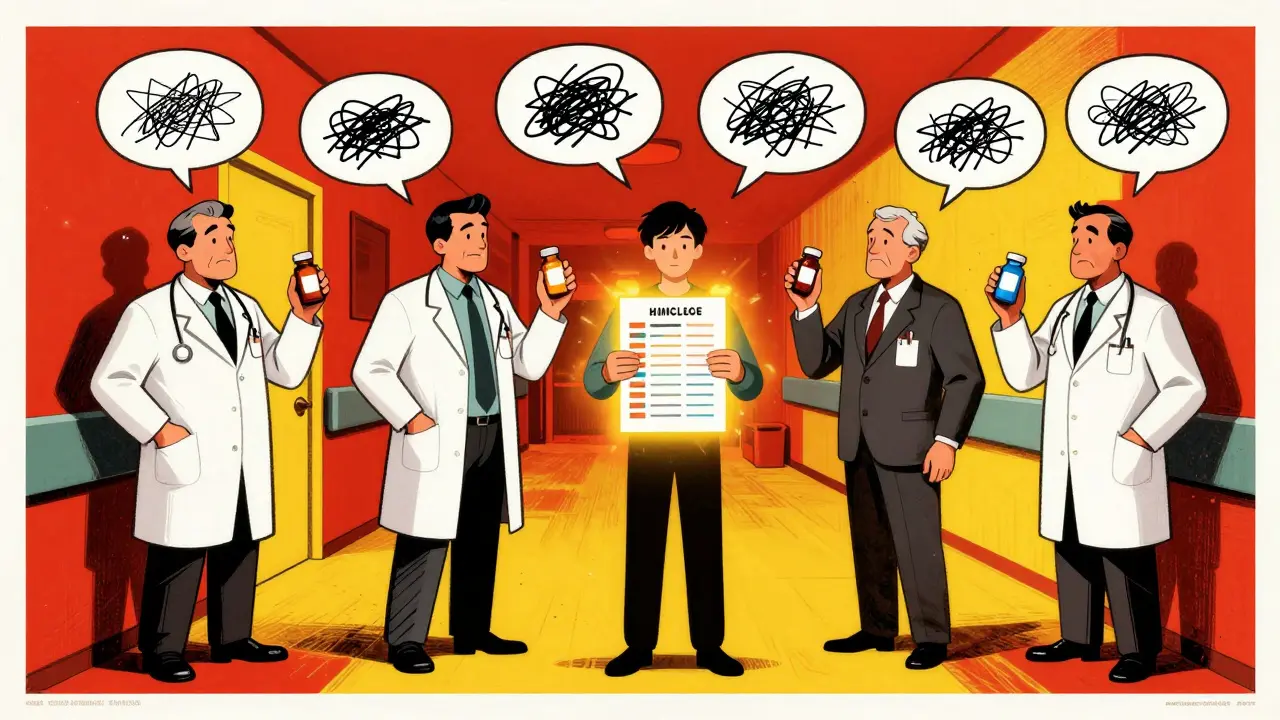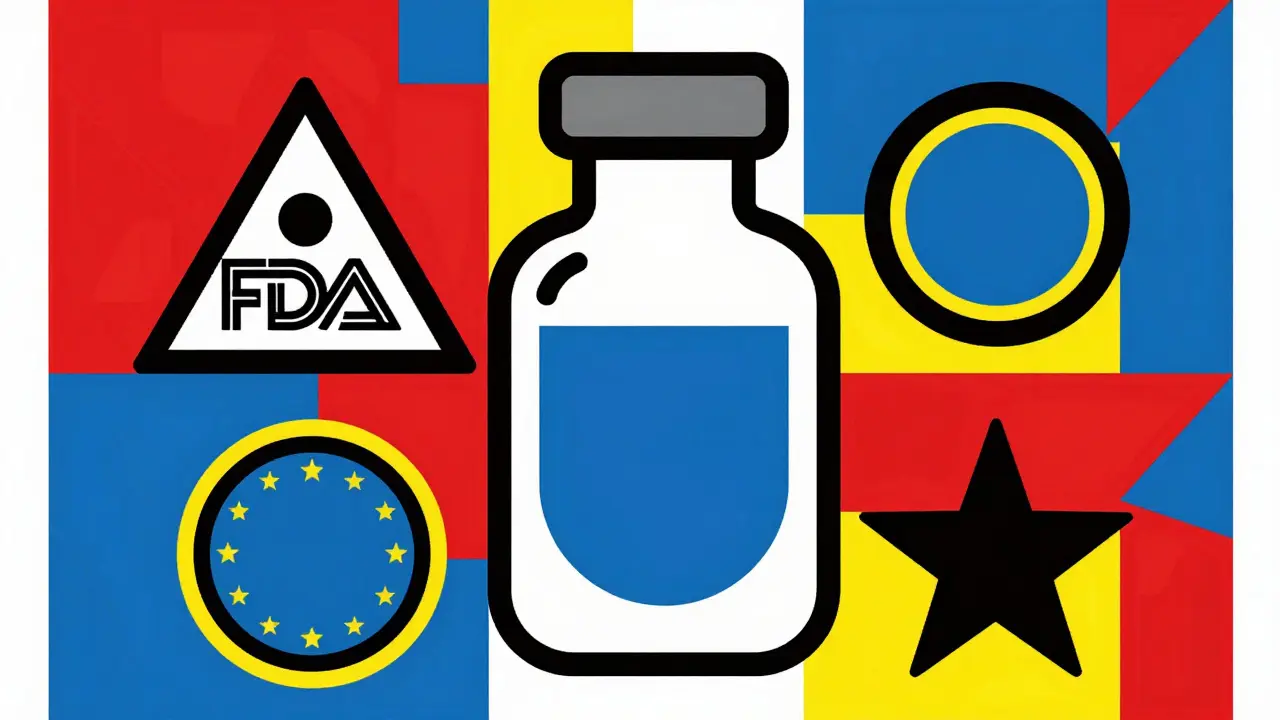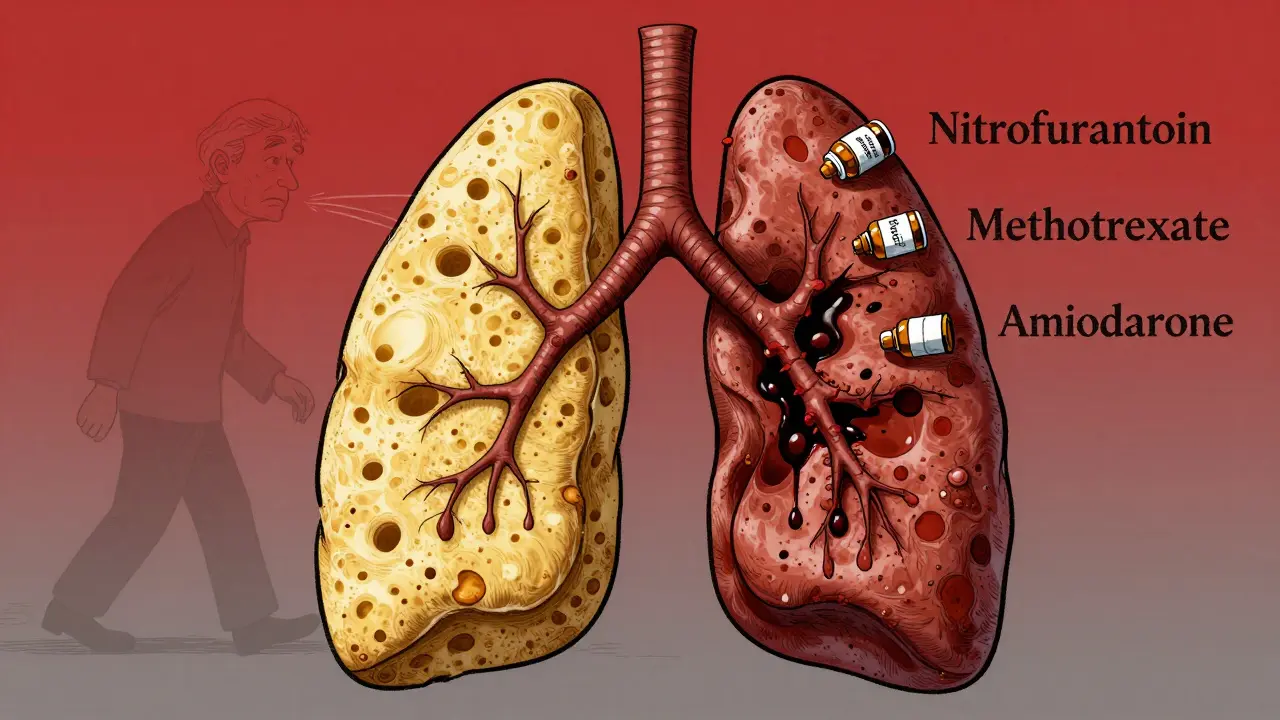Understanding Dry Mouth
Before diving into the relationship between dry mouth and dental health, it's essential to understand what dry mouth is. Dry mouth, medically known as xerostomia, is a condition where the salivary glands in the mouth don't produce enough saliva to keep the mouth wet. It's not just a minor discomfort. It can have serious implications for your oral health, leading to problems like tooth decay and gum disease. Saliva plays a critical role in maintaining oral health, and its absence creates a conducive environment for the overgrowth of bacteria.
The Impact of Dry Mouth on Dental Health
Now, let's delve into how dry mouth can negatively impact your dental health. Without adequate saliva to wash away food particles and buffer against acids, the risk of developing cavities significantly increases. Likewise, dry mouth can lead to other oral health problems, such as mouth sores, yeast infections, and a burning sensation in the mouth or throat. It's also common to experience difficulty in tasting, chewing, swallowing, and even speaking. More importantly, chronic dry mouth can contribute to gum disease, a serious oral health issue that can lead to tooth loss if left untreated.
The Causes of Dry Mouth
It's crucial to understand what can cause dry mouth in order to effectively prevent it. Dry mouth can be a side effect of certain medications, including those for depression, anxiety, allergies, and colds. It can also be a result of aging, cancer therapy, nerve damage, or conditions like diabetes, HIV/AIDS, and Sjogren's syndrome. Lifestyle factors such as smoking and drug use can also contribute to dry mouth. It's important to discuss any symptoms of dry mouth with your doctor or dentist so they can help identify potential causes and devise an appropriate treatment plan.
Preventing and Treating Dry Mouth
When it comes to preventing and treating dry mouth, there are several steps you can take. Drinking plenty of water throughout the day can help keep your mouth moist. Chewing sugar-free gum or sucking on sugar-free candies can also stimulate saliva production. If you smoke or use drugs, quitting can significantly improve your symptoms. In severe cases, your doctor may prescribe a medication that stimulates salivary glands. Always remember, maintaining a regular and thorough oral hygiene routine is key to preventing the dental issues associated with dry mouth.
Protecting Your Teeth and Gums
Beyond addressing dry mouth, there are other ways to protect your teeth and gums. Brushing twice a day with fluoride toothpaste, flossing daily, and regularly visiting your dentist can go a long way in maintaining good oral health. Limiting sugary and acidic foods and drinks can also prevent tooth decay and gum disease. If you wear dentures, ensure they are properly fitted to avoid discomfort or sores. Always keep in mind that healthy oral habits are your first line of defense against dental problems.
Understanding the Role of Diet in Dental Health
A healthy diet plays a crucial role in dental health, and it can help manage dry mouth symptoms. Staying well-hydrated is key. Foods rich in calcium and phosphorus, like dairy products and lean proteins, can help strengthen your teeth. Crunchy fruits and vegetables can stimulate saliva production while providing essential nutrients. Avoiding sticky or sugary foods can reduce your risk of cavities. A balanced diet not only benefits your oral health, but also contributes to your overall well-being.
The Importance of Regular Dental Check-ups
Lastly, never underestimate the importance of regular dental check-ups. Your dentist can spot early signs of dry mouth and its related dental problems, allowing for prompt treatment. Regular cleanings can help keep your mouth healthy and prevent the buildup of plaque and tartar. If you're experiencing dry mouth, your dentist may recommend special toothpastes or mouthwashes designed for dry mouth sufferers. Remember, your dentist is your partner in maintaining good oral health, so don't hesitate to discuss any concerns or symptoms you may have.







Linda Lavender
July 16, 2023 AT 05:03Behold, dear readers, the tragic poetry of a parched oral cavern where the once‑tumultuous rivers of saliva have been coaxed into a desiccated desert of neglect, an inevitable elegy to modern pharmacology and the inexorable march of time. The insidious silence of xerostomia whispers through the alveolar corridors, announcing its presence with an unrelenting thrum that reverberates across enamel and gingiva. Each morsel of sustenance, once a jubilant chorus, now lingers like a mournful dirge upon the barren palate, inviting the dark legions of cariogenic bacteria to feast upon the exposed citadels of dentin. One cannot help but marvel at the paradoxical beauty of such a condition: a condition that simultaneously erodes the very fortress designed to protect our smiles while also compelling us to re‑examine the fragile symbiosis we share with our own physiological processes. The scholarly discourse shall not be satisfied with mere anecdote; it must instead dissect the molecular choreography of salivary acini, the neuro‑humoral pathways that wane under the weight of antihistamines, antidepressants, and the relentless tide of societal stress. In this grand tapestry, the humble act of chewing sugar‑free gum ascends to the level of a heroic ritual, coaxing the dormant glands into a renaissance of moisture. Let us, therefore, extol the virtues of hydration, not as a perfunctory habit, but as an earnest pilgrimage towards oral salvation, a pilgrimage paved with fluoride, floss, and the occasional sage‑infused mouthwash. Such dedication, when cultivated with reverence, shall render the specter of gum disease a mere footnote in the annals of dental history. Thus, dear companions, arm yourselves with the arsenal of preventive measures, for in the battle against xerostomia, complacency is the fiercest adversary.
Jay Ram
July 16, 2023 AT 16:10Staying chill while you’re tackling that dry mouth vibe can actually boost your overall oral game. Keep a water bottle handy and sip steadily throughout the day, it’s a simple habit that makes a big difference. Chewing sugar‑free gum works like a mini workout for your salivary glands, getting that flow back in action. Remember to brush and floss like a boss, because a clean surface gives bacteria less room to thrive. Keep your smile strong and the dry feeling will fade faster than you think.
Elizabeth Nicole
July 17, 2023 AT 03:17It’s fascinating how the body’s moisture balance can swing the entire oral ecosystem sideways. When saliva drops, plaque finds a comfortable home, and that’s why regular brushing becomes even more crucial. Drinking water is the easy win, but adding crunchy veggies like carrots can also kick‑start saliva production while delivering vitamins. If you’re on medication, a quick chat with your doctor might uncover alternatives that are less drying. Staying proactive about diet and dental visits turns this challenge into a manageable routine.
Dany Devos
July 17, 2023 AT 14:23While the overview provides a comprehensive checklist, it glosses over the nuanced interplay between systemic illnesses and xerostomia. A more rigorous analysis of the pharmacodynamics involved would afford practitioners clearer guidance. Moreover, the recommendation to “chew sugar‑free gum” lacks citation, reducing its evidentiary weight. Patients with autoimmune conditions, particularly Sjögren’s syndrome, merit a distinct protocol beyond generic hydration advice. In sum, the piece would benefit from heightened specificity and source attribution.
Sam Matache
July 18, 2023 AT 01:30Interesting take on the need for specificity, though the tone feels a bit overly stern for a community post. Practical tips like gum and water are still valuable entry points for many readers. Adding a few references could definitely bolster credibility without sacrificing accessibility. Overall, the balance between scientific depth and everyday advice could be fine‑tuned.
Hardy D6000
July 18, 2023 AT 12:37One must question the prevailing narrative that oral dryness is merely a side effect of medication; it often serves as a silent indicator of broader metabolic dysregulation. The reduction of salivary output correlates with altered autonomic tone, a phenomenon observed in hypertensive cohorts. Therefore, simplistic remedies such as increased water intake, while helpful, do not address the underlying neurovascular imbalance. A multidisciplinary approach, involving both dental and medical specialists, is essential to mitigate long‑term sequelae. In short, the problem warrants a holistic strategy rather than isolated fixes.
Amelia Liani
July 18, 2023 AT 23:43I hear you on the need for a broader perspective, and I appreciate the call for collaboration between clinicians. Encouraging patients to track their symptoms and share them with both their dentist and physician can uncover hidden links. Simple habits like sipping water when waking up and keeping a floss routine can still make a huge impact while we explore deeper causes. Let’s keep the conversation open and supportive as we all learn together.
shikha chandel
July 19, 2023 AT 10:50The elite dental agenda hides the truth about water fluoridation.
Zach Westfall
July 19, 2023 AT 21:57Fluoridation is a myth it’s just a way to control us
Drink plain water stay safe and keep your teeth strong
Pranesh Kuppusamy
July 20, 2023 AT 09:03Contemplate, if you will, the existential implications of a mouth bereft of its native lubricant. The act of swallowing becomes a metaphysical negotiation, each dry swallow a reminder of impermanence. Saliva, though often overlooked, serves as a conduit for both biochemical signaling and microbial equilibrium, intertwining health with the very essence of being. By neglecting its preservation we inadvertently expose ourselves to the subtle erosion of oral identity, a microcosm of larger systemic neglect. Thus, a disciplined regimen of hydration, mindful nutrition, and periodic professional assessment transcends mere dental hygiene; it becomes an affirmation of holistic stewardship over one’s corporeal vessel.
Crystal McLellan
July 20, 2023 AT 20:10tho i think the water is poisoned by the gov
they dont want u to have clean teeth
stay away from tap water and use filtered only